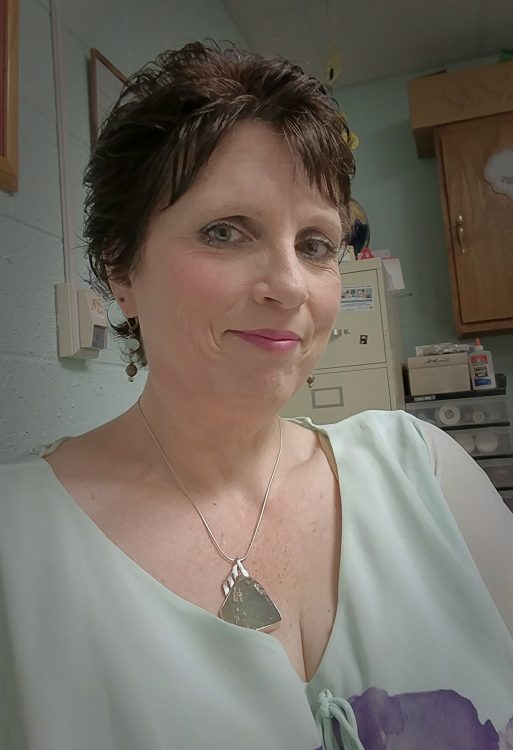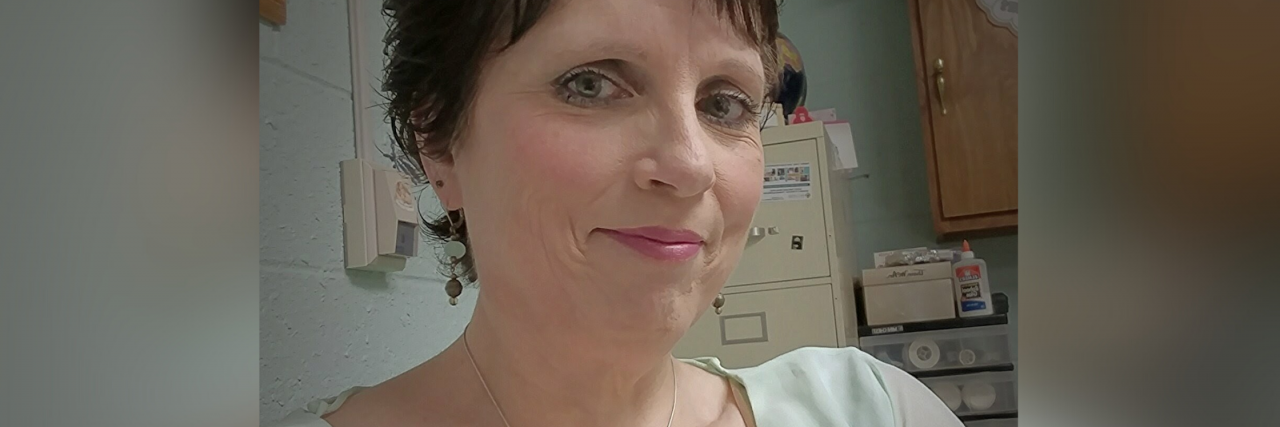What Helps Bethie, 55, With Post-traumatic Stress Disorder
Editor's Note
Any medical information included is based on a personal experience. For questions or concerns regarding health, please consult a doctor or medical professional.
With our ongoing “What Helps Me” series, The Mighty is leaning into what sets us apart from other health sites: We aim to provide real health advice from real people who live it.
In this spirit, we asked our community for the best insights and tips they’ve developed for managing their conditions. As always, they responded with their unique health stories and we are happy to pass along their well-tested resources to you.
Today, we meet Mighty member Bethie. She is 55 years old and lives with post-traumatic stress disorder (PTSD).
Bethie, what helps you?

THE MIGHTY: What helps you most when your condition affects your physical health?
BETHIE: I have chronic insomnia. I do take something for sleep. If I can get a good night’s sleep, it will help me. If I can get plenty of water to drink, I feel better. The headaches [I experience] aren’t as [intense when I drink water]. When I am able to get out, taking a short walk helps. Am I perfect at this? No. But if I try, it’s better for my overall health.
What helps you most when your condition affects your mental health?
I am currently doing Cognitive Processing Therapy. There is homework, [and] it gives me a purpose. I try to do one thing I enjoy during the day. If I can just get started, I know I will feel a little bit better. I [also had a dog who helped me]. I recently lost my dog, [and] I miss him so much. He needed me, and it gave me a reason to get up every day. The fact that he loved me unconditionally made me feel cared about. He also provided me with a calming influence. I could pet him and hug him when I was feeling anxious or sad.
How do you cope when your normal self-care isn’t working?
I won’t go out in public and be seen when I’m not taking care of myself. My mental health appointments give me a reason [to leave the house]. When I’m home and can’t get it together, just [using] a washcloth and the sink can help. My oral health has taken a dive since the traumatic event, [but] mouthwash helps. It’s better than nothing. I have an electric toothbrush that has a timer on it. I feel like I have done something if I do a [tooth-brushing] cycle at least once. I don’t rush through it then. I don’t like to admit that I’m “falling down” in the area of self-care, but I figure if it can happen to me and I admit it, maybe someone else won’t get so down on themselves, if [they struggle with self-care] too.
Thank you to Bethie for her contributions to our community. Did you find this helpful? Add your gratitude in the comments.
Image via contributor.

